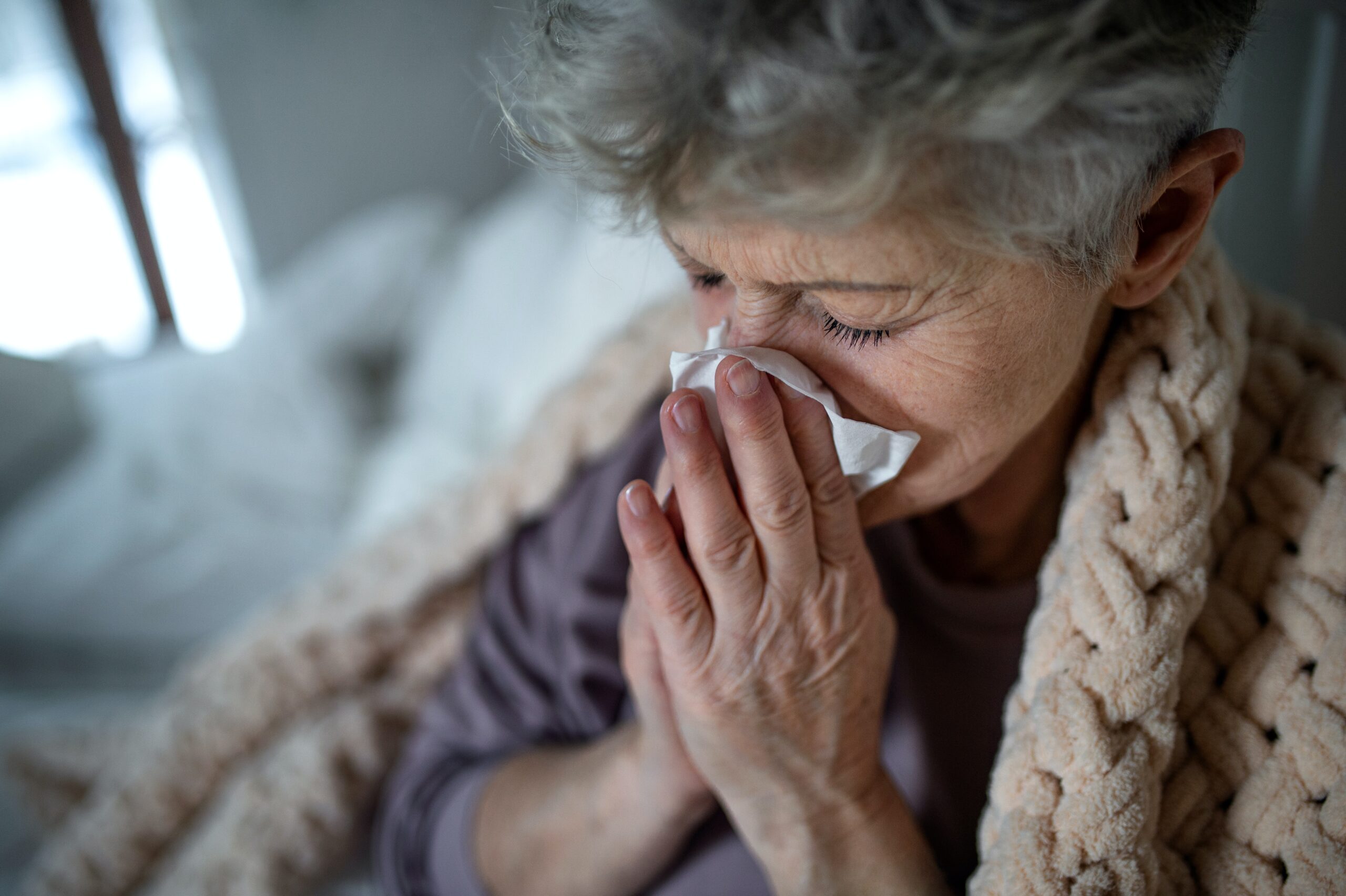What is Primary Care’s Role in the Cost-of-living Crisis?

Since late 2021, we’ve been staring down the barrel of a cost-of-living crisis. Here are four statistics that shed light on what exactly is going on:
1. Prices of consumer goods and services have risen by 9.6% in the year to October 2022 – the fastest rate in over 40 years (ONS, 2023)
2. Rents are higher than at any other point in history (ONS, 2023)
3. There is a distinct lack of affordable housing with the average rental property receiving more than triple the number of enquiries than before the pandemic (Landlordvision, 2023)
4. In the 12 months leading up to March 2023, electricity prices in the UK rose by 67% and gas prices by an unprecedented 129% (ONS, 2023).
As a result, millions of people across the UK struggle to meet the fundamental needs of putting food on the table, keeping a roof over their heads, and adequately heating their homes.
But what truth is behind the claims that the cost-of-living crisis is also a public health emergency? And if it is such, what’s the role, if any, of primary care in assisting those in need?
How Does Financial Strain Impact Mental Health?
Money does not buy happiness, but it does buy food and pay essential bills. As we become more financially vulnerable, our ability to be in control of making sound financial decisions weakens and our mental health deteriorates too. In fact, according to date for England from the Money and Mental Health Policy Institute, nearly half of people in debt also have a mental health problem.
Research from the Joseph Rowntree Foundation shows more than a million people in the UK are taking on debt to cover essential bills, and charity Debt Justice estimates that 12.8 million adults are falling behind on bills or finding repayments a ‘heavy burden’.
With many turning to unscrupulous lenders or ‘buy now pay later’ providers to help fix their financial situation, we are also witnessing a surge in people turning to gambling. GamCare is also reporting an increase in calls from people who have relapsed as financial pressures heighten.
In a recent interview, Dr Subodh Dave, dean of the Royal College of Psychiatrists, said “Clinicians can play their part by enquiring about their patients’ financial situations and how this might be affecting their mental health” but noted that “Collaboration is needed from a range of other bodies including financial advice services and social care organisations.”
Who Is Most Affected by the Cost-of-Living Crisis?
“The current cost of living crisis is likely to cast a deep shadow over people on low incomes, long after those who are better off feel that the sun has come out once again.” – Helen Barnard, Joseph Rowntree Foundation.
Although the cost-of-living crisis affects us all, the impact has been felt most keenly by those on low incomes, families with children, ethnic minorities, the elderly, and those living with disabilities. Most of them are also frequent attenders of primary care (BMJ, 2021)

How is the Cost-of-Living Crisis Affecting Primary Care Services?
Due to its disproportionate impact on society’s most vulnerable, there is an increased demand for primary care to support those in need, as that is a common environment for such groups.
Most recently, NICE guidelines are now recommending that GPs should ask people about gambling during consultations, in the same way they ask about smoking or alcohol use, and there are proposals for doctors to ‘prescribe’ money off energy bills for patients.
But doctors’ leaders are warning that adding extra pressure on GPs is not the solution and that they do not have the time or skills to manage the welfare system.
RCGP chair Professor Martin Marshall has said: “Action does need to be taken to address this and minimise the impact of rising cost of living on people’s health, something that will impact on our most vulnerable patients most. But this cannot fall to GPs and our teams to facilitate.”
Is Primary Care the Right Place for Cost-of-Living Advice?
Despite protests, the benefits of co-locating advice services in GP settings are known. Significant improvements in patient mental health and well-being reach those most in need. To put this into context:
- People who received welfare advice gained on average £15 per capita for every £1 spent by commissioners – averaging £2,689 per person.
- Patients had up to 91% greater reduction over time in common mental disorders, improved mental well-being and a 58% greater reduction in financial strain.
- Nearly half of advise recipients would have sought advice or turned to their GP if the service had been available.
As such, it is clear that the effects of the cost-of-living crisis permeate many layers of society, but more needs to be done to provide the right support in the right place for the right people.
The Next Steps
So what’s next, and who can the NHS and its patients turn to?
It’s clear the effects of the cost-of-living crisis permeate many layers of society but more needs to be done to provide the right support in the right place for the right people. One of the right places is primary care.
But if we can’t or shouldn’t rely solely on HCPs to shoulder the burden personally, what other solutions are there?
Our Head of Marketing recently visited the Best Practice Show in Birmingham, and a recurrent theme was the importance of health education for patients to reduce health inequalities and encourage them to live healthier lives. It seems fair to suggest that this could also be a suitable route to pursue for the cost-of-living crisis.
Over the next couple of weeks, we will be doing a deeper dive into this, but in the meantime, if you would like to speak to a member of the team about reaching millions of patients every month, many of whom are vulnerable and/or from the lower quintile for deprivation, then contact us, and one of our team will get in touch.